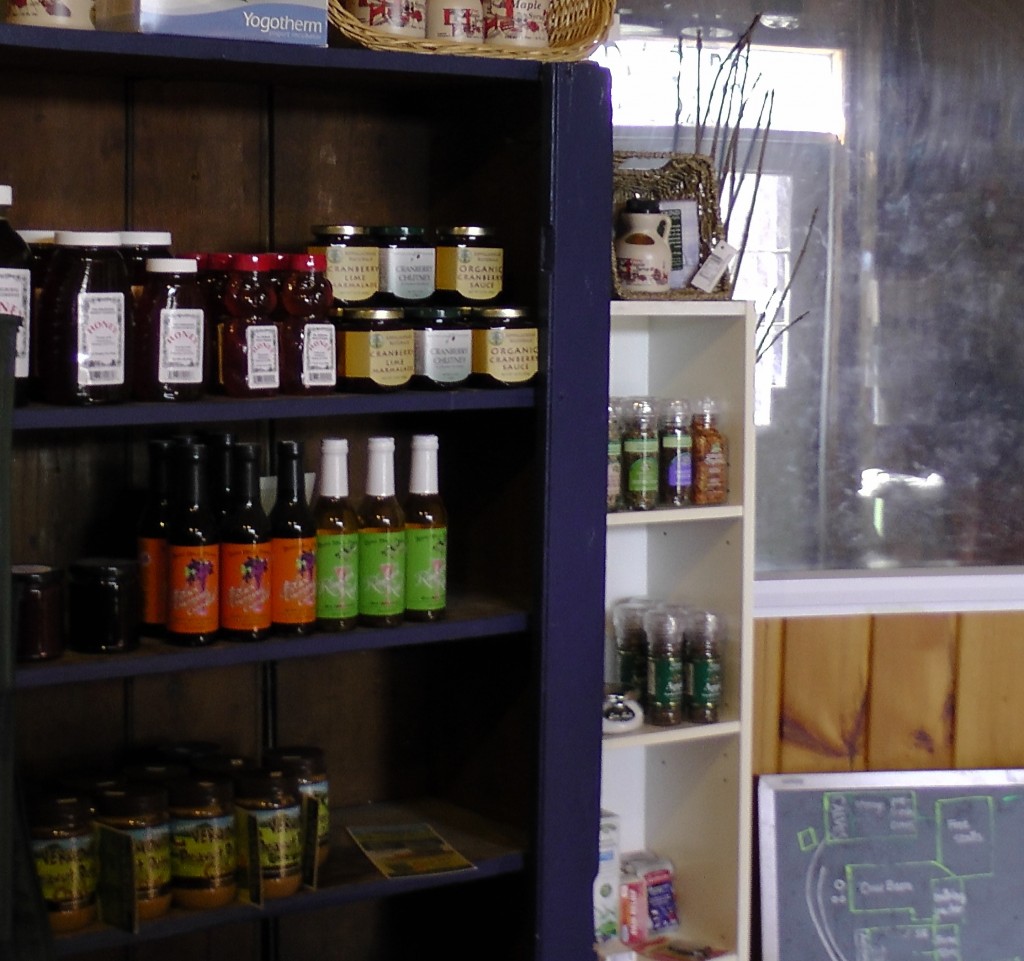With a less than stellar economy, farmers and non-farmers alike are looking at expanding or diversifying their crop and livestock portfolios to improve their bottom line. When I meet with a land owner about starting an agricultural business, or a farmer looking to start a new venture, I ask them to begin by developing a marketing plan. Identifying potential customers and predicting how much product you may be able to sell provides an idea of a new venture’s feasibility. It also helps to build your business plan around a central goal, a location, and customer needs.

There are several responses that I typically receive to my request for a marketing plan: “I am going to sell it at the farmers market,” “I will put it out on a road side stand,” “I will sell it on a website, Facebook, and other media outlet,” “word of mouth will bring people to the farm to buy products.” I hear other things like: “Farmers buy hay all the time. Corn is at a premium, someone will buy it.” An article in the New York Times titled “Young farmers find huge obstacles to getting started,” suggests that only 1 out of every 5 new farms will become a profitable sustainable business. High land prices, competition, scarce resources, and full markets may make ag business failure rates even higher.
In order to really assess whether a business idea has potential, always do a market analysis. A market analysis looks at the strengths, weaknesses, opportunities, and threats for a potential business idea or segment. It addresses how attractive the market is and what strategy will work best to bring a new product into a market.
There are several key questions that you should ask in the analysis for developing your marketing plan:
- Where are you selling your products? Locally, regionally, online?
- What is the population in the area and/or average attendance at a market?
- If you are selling to other farms, how many are there and what size are they?
- What is the demographic of the area: small rural homes with several acres, or upscale apartment houses?
- Who is the target group? Older retired, young professional, etc.?
- How many farms already sell a similar product or offer an alternative option?
- Why would someone buy your product over another? Is it special or unique on the market?
- What is a reasonable price people are willing to pay, and can you make a profit at that price?
- Is the market growing or is the competition? How easy/costly is it to enter the market? If it is very easy it typically means a lot of competition.
Much of the information that you need to complete a market analysis can be found online or through local agencies. Use any free resources that provide demographic information for your area. A quick Google search for the number of farms in Rensselaer County gave me the USDA Census of Agriculture, Rensselaer County’s list of farmers markets and their farm products map, and much more. Local and state agencies can provide information on populations, traffic flow, average incomes, etc. Agricultural agencies can add information about farms, land, and commodities grown. For more detailed data, you may want to conduct a survey in your marketing area. Small business associations, the chamber of commerce, and county offices can give you an idea of other local businesses with similar products. Current customers can be a great source of information about what they would like and where they buy. Friends and family can help with more local market trends. For large scale plans you may want to hire a marketing company.
Know your customers and your competitors equally well. You have to remember that product competition is not only about similar products. For example, pen and paper are still a viable option for people to choose versus buying a computer.
Being the low cost leader is not the best option. Lowering prices to sell more products cuts into your profit potential. Clients begin to expect that products will always be low priced. Your competition can also lower their prices and their overhead may be lower than yours.
It does not matter what ag product you are selling or how long you have been in business: having a real market analysis and building a marketing plan around it is a solid foundation for sales. Not planning is a plan to fail. A great resource for all types of small farms is http://smallfarms.cornell.edu/.
For more information on farm business topics contact Kirk Shoen, Cornell Cooperative Extension of Rensselaer County at (518-272-4210) ex 113 or kjs264@cornell.edu.

